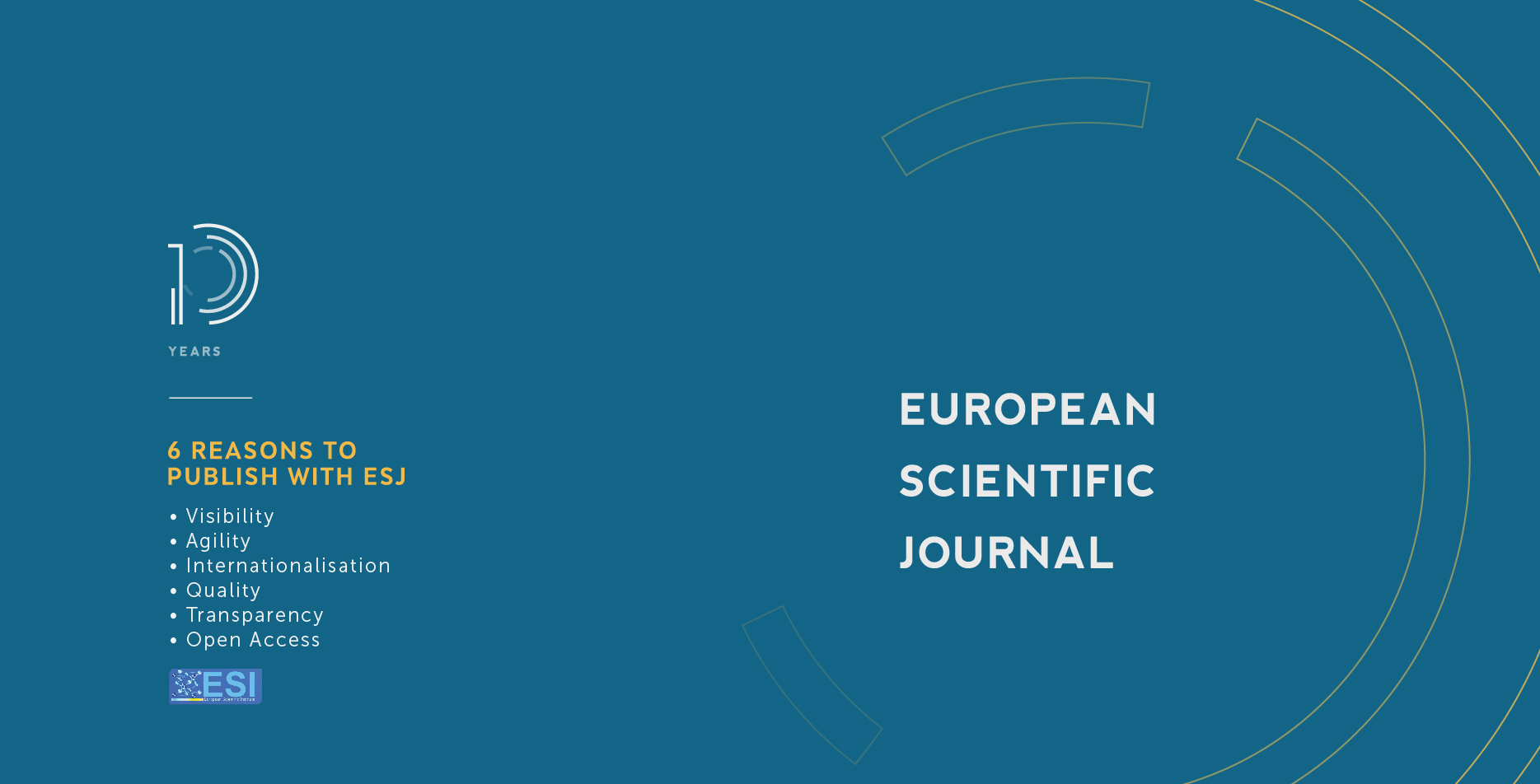Albanian Foreign Policy Relations with United States of America after the Cold War
Abstract
This paper aims to address Albanian foreign policy relations with the US after the Cold War by using the methods of analysis and synthesis, generalization and specialization as well as methods of compilation and description, also including the method of comparison. From the process of state formation, Albania has faced various problems with regard to consolidation and institutionalization in the domestic sphere as well as threats and instability at regional and international level. Albania's self-imposed isolation shut the country down from international trends, and this trend continued to the bitter end of the communist regime in Albania in the early 1990s. Albania began the transition of the communist regime following other precedents in Central and Eastern Europe. Despite the limited relaxation of the country's isolation following Enver Hoxha's death in 1985, this did not prevent Albania from being the last communist regime in Europe to begin its transformation. This marked the return of Albania to the international scene after a long period of isolation. Integration into the international system and the development of relations with other countries were key priorities for Albania's new foreign policy orientation. In the context of Albania's struggle for a stable state, Albanians attribute considerable respect to the USA and, in particular, to President Woodrow Wilson whom Albanians regard as the basis for securing Albania's existence as a state because in the 1919s-1920 Wilson strongly argued against a proposed separation of Albania from the Paris Conference and thereafter enabling Albania to achieve statehood and international recognition by the League of Nations. This therefore constitutes the main aim of this paper.
Downloads
PlumX Statistics
Copyright (c) 2020 Anton Bardhaj

This work is licensed under a Creative Commons Attribution-NonCommercial-NoDerivatives 4.0 International License.








